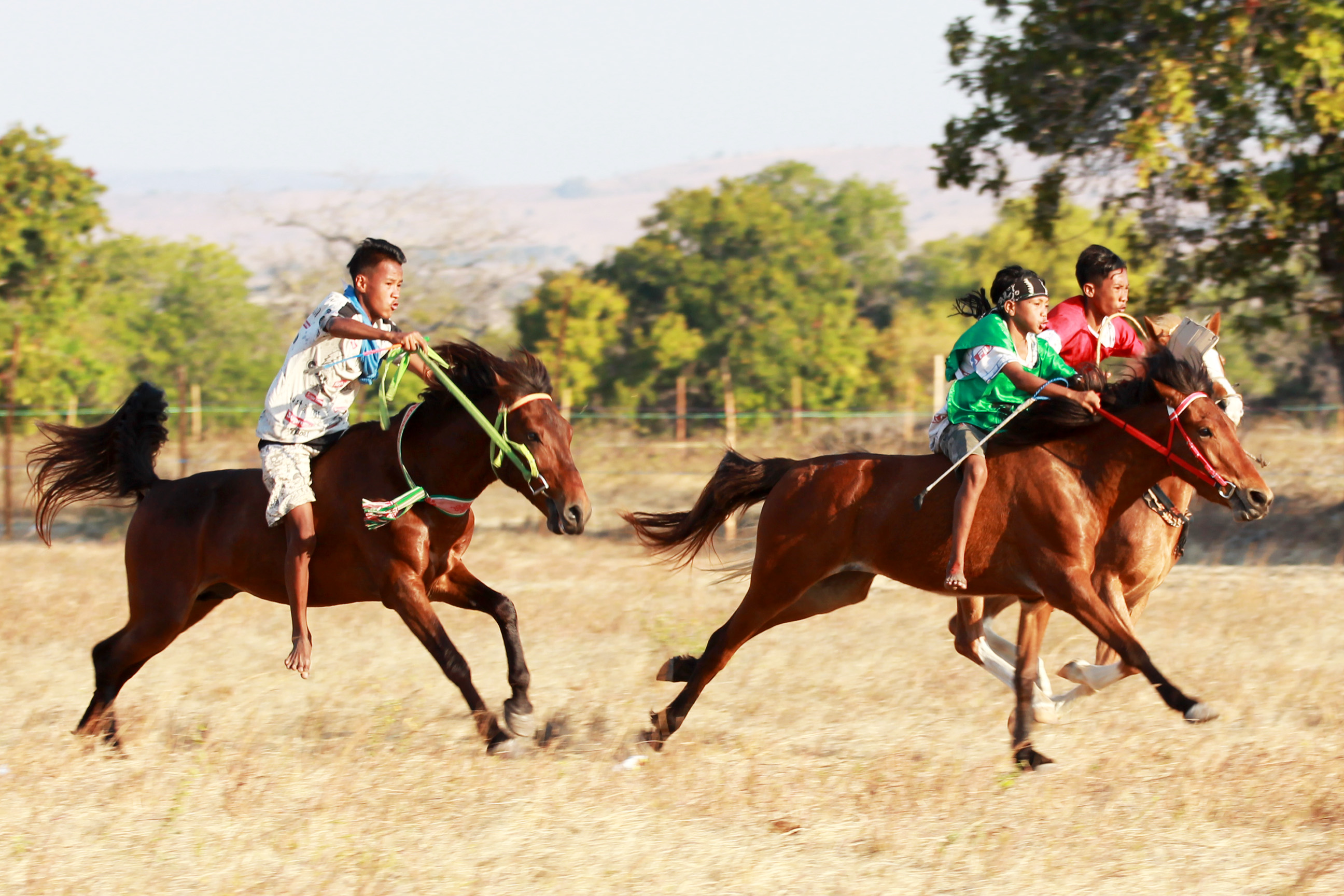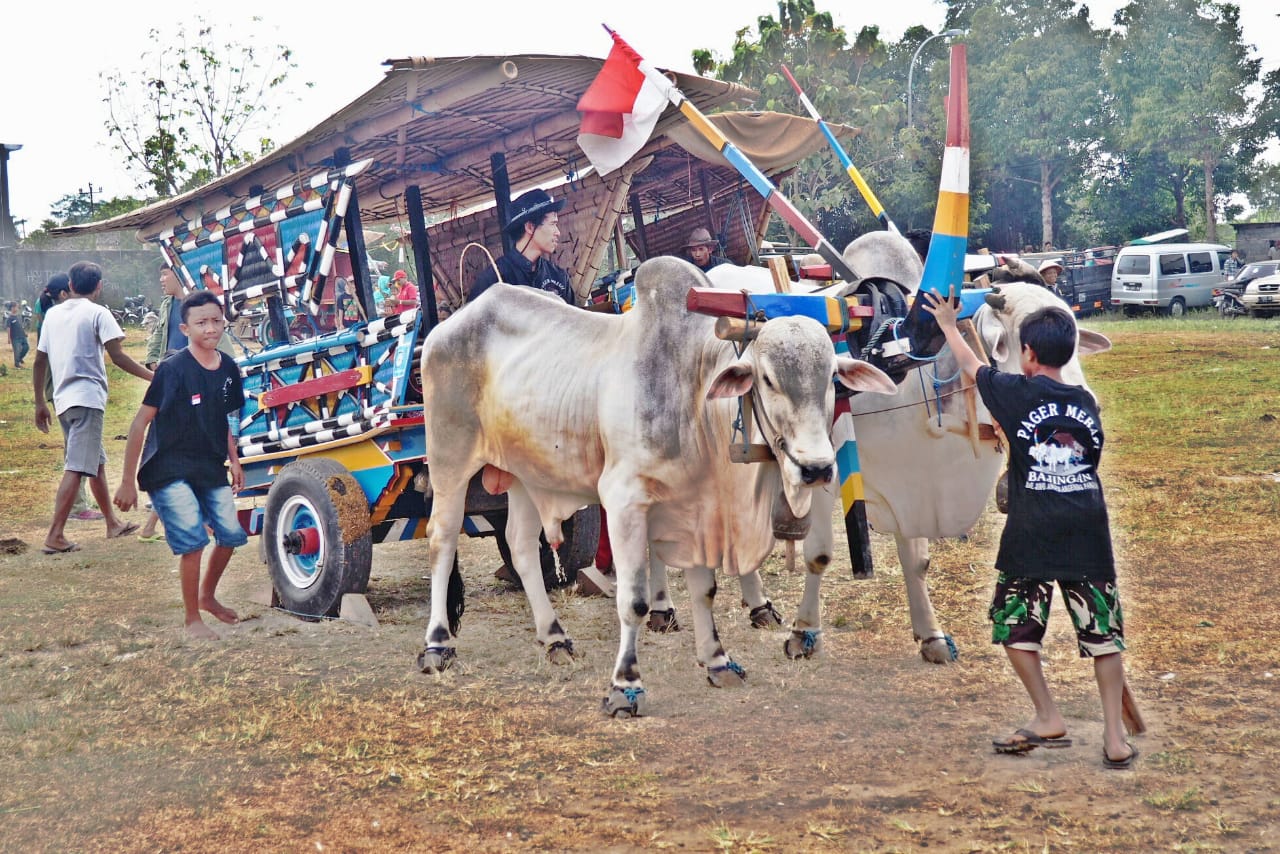EcoHealth and Climate Resilience Centre of Tropical Hemisphere (EcoTrop) is a knowledge management center that thrive to produce innovations research, and community services. As a learning community, it is our duty to empower and to create a positive impact through the implementation of education and research to community to tackle the impact of climate change. Higher education institutions and study centers should strive to become a source of inspiration for knowledge-based policy-making processes and serve as a beacon of hope for societal progress.
Climate change describes the long-term alterations in temperature and weather patterns that often result in increased rainfall, higher temperatures, and humidity levels. These changes could impact the hydrological cycle and global climate, leading to an increase in the frequency and intensity of extreme events like floods, heat waves, droughts, and tidal events. Research has shown that climate change is positively correlated with the expansion of arthropod geographic ranges and the spread of vector-borne diseases. The CDC has identified more than 500 species of arboviruses, and over 150 of them are known to cause diseases in animals or humans. Arthropods-borne diseases pose significant challenges for livestock production, both in small and large-scale commercial operations. Recent outbreaks in South Asia include African Swine Fever, Anaplasmosis, Babesiosis, Bluetongue, Bovine ephemeral fever, Ehrlichiosis, Malaria, Myasis, Q Fever, Theileriosis, and Trypanosomiasis. The annual cost of controlling vector-borne diseases amounts to millions of dollars. Additionally, arthropod and other animal such as gastropods vectors can transmit infectious pathogens between humans or from animals to humans, causing zoonotic diseases. Arthropod vector-borne diseases account for more than 17% of all infectious diseases in humans, leading to over 700,000 deaths annually.
EcoTrop serves a dual purpose. Firstly, it enhances the role of researchers in integrating scientific discoveries into society. Secondly, it provides opportunities to foster the latest research collaboration patterns. EcoTrop is driven by a vision to become an integrated Center of Excellence in the areas of EcoHealth and Tropical Climate Resilience. To achieve this vision, the study center's mission is to augment research capacity and promote multidisciplinary collaboration networks that ensure the sustainability of research quality. The study center also strives to establish an integrated research center in the field of ecosystem health, encompassing animal, environmental, and society health. Moreover, EcoTrop seeks to establish EcoHealth centers in Indonesia, expects to contribute to prevent outbreaks of animal, wildlife, and zoonotic diseases, and develop applicable research in disease control and its supporting policy, ecosystem and industries. Lastly, EcoTrop aims to augment international cooperation through integrated research with various scientific fields to address the pressing issue of global climate change resilience and mitigation.
Climate change describes the long-term alterations in temperature and weather patterns that often result in increased rainfall, higher temperatures, and humidity levels. These changes could impact the hydrological cycle and global climate, leading to an increase in the frequency and intensity of extreme events like floods, heat waves, droughts, and tidal events. Research has shown that climate change is positively correlated with the expansion of arthropod geographic ranges and the spread of vector-borne diseases. The CDC has identified more than 500 species of arboviruses, and over 150 of them are known to cause diseases in animals or humans. Arthropods-borne diseases pose significant challenges for livestock production, both in small and large-scale commercial operations. Recent outbreaks in South Asia include African Swine Fever, Anaplasmosis, Babesiosis, Bluetongue, Bovine ephemeral fever, Ehrlichiosis, Malaria, Myasis, Q Fever, Theileriosis, and Trypanosomiasis. The annual cost of controlling vector-borne diseases amounts to millions of dollars. Additionally, arthropod and other animal such as gastropods vectors can transmit infectious pathogens between humans or from animals to humans, causing zoonotic diseases. Arthropod vector-borne diseases account for more than 17% of all infectious diseases in humans, leading to over 700,000 deaths annually.
EcoTrop serves a dual purpose. Firstly, it enhances the role of researchers in integrating scientific discoveries into society. Secondly, it provides opportunities to foster the latest research collaboration patterns. EcoTrop is driven by a vision to become an integrated Center of Excellence in the areas of EcoHealth and Tropical Climate Resilience. To achieve this vision, the study center's mission is to augment research capacity and promote multidisciplinary collaboration networks that ensure the sustainability of research quality. The study center also strives to establish an integrated research center in the field of ecosystem health, encompassing animal, environmental, and society health. Moreover, EcoTrop seeks to establish EcoHealth centers in Indonesia, expects to contribute to prevent outbreaks of animal, wildlife, and zoonotic diseases, and develop applicable research in disease control and its supporting policy, ecosystem and industries. Lastly, EcoTrop aims to augment international cooperation through integrated research with various scientific fields to address the pressing issue of global climate change resilience and mitigation.





